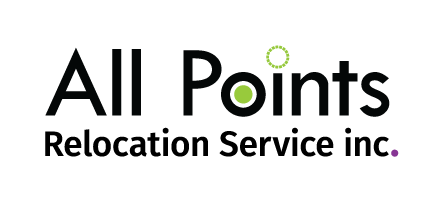In some countries, before these documents are accepted, they must go through a process known as authentication and legalization, also known as notarization. The authentication and legalization process allows your Canadian documents, such as college degrees, college diplomas and criminal records, to be used in the destination country.
How to ensure document authentication and legalization?
- First, the documents must be authenticated at Global Affairs Canada. Global Affairs Canada’s job is to verify the validity of the official signature on the document by checking its registry. After verification, they affix their stamp, seal and official signature on the document.
- Next, the documents must be legalized at the appropriate Embassy in Ottawa or at a diplomatic mission in the destination country. During this process, the signature on the document is confirmed, and a new signature and stamp are affixed.
What kind of documents need to be authenticated and legalized?
The authentication and legalization process applies to a Canadian birth certificate, marriage certificate, degree, police check, power of attorney, certificate of incorporation or certificate of origin, to name a few of the official documents that can be used abroad.
I have heard about the need for an apostille. What is it?
Another method to validate a document for international use is to apply an apostille. This procedure is used when both countries have signed the Hague Convention. There are about 120 countries that have joined the apostille. However, Canada is not a member. Therefore, Canada does not issue apostille certificates. Instead, we use the internationally recognized procedure described above, which begins with the first step of authenticating documents at Global Affairs Canada and a second step – legalizing these documents at the Embassy of the destination country.
Can’t employees do this themselves?
They can, but it can be difficult and, if done by courier, take longer than they need to move on time. Any authentication and legalization process that the courier does can take time. All Points assists by making direct representations to both Global Affairs and the Embassy to shorten these processes. We also advise the employee on the proper preparation of all documents (for example, not just any birth certificate will do, and some documents need to be authenticated in certain ways before they can be notarized and legalized).
What if their documents are Canadian, but they are moving from a non-Canadian country to their new destination country?
In this case, you’ll need a service like All Points.
We work with the relocating employee abroad to send us the appropriate documents in the correct format. We review them for accuracy and then forward them to Global Affairs and the appropriate Embassy. The documents are certified, legalized, and returned to us, and we courier them back to the expatriate employee for use in their visa application in the new country.
This is another task that can be crossed off the list as part of the immigration process!
Get in touch and check out our availability at our website.

